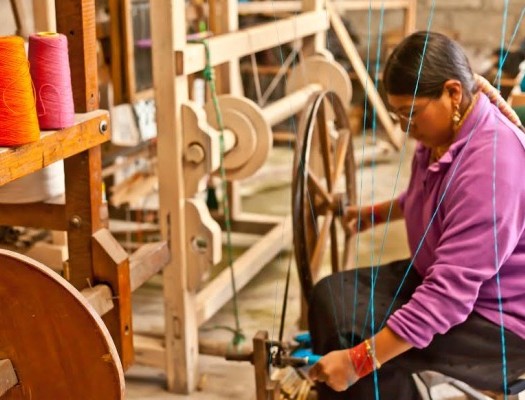Signs Of Domestic Violence And How To Help

Photo by Justin Govender
On a typical day, there are more than 20,000 phone calls placed to domestic violence hotlines nationwide. (National Coalition Against Domestic Abuse).
According to The Joyful Heart Foundation, a domestic violence prevention group, “domestic violence is an intentional pattern of physical, emotional, economic, and other tactics to instill fear and to coerce intimate partners to act against their own will or best interests.” Domestic abuse does not discriminate against the poor or the well. People of all ages, generations, and economic brackets have experienced this challenging issue.
Today, domestic violence and abuse impact 1 in every 4 women and 1 in every 7 men in the USA. There are countless people whose lives are lived in the shadows, in fear and manipulation, until they choose to leave if they are able. While modern society is bursting forth with ground-breaking technology, there does not seem to be any relief for the burden of domestic violence.
I too have my own history of domestic violence, which is why I love the film “Enough,” starring Jennifer Lopez. This particular film has a place in my heart because it tells the story of a woman who has been manipulated, threatened, abused, and stalked until she finally has—well, enough. She takes matters into her own hands in an epic battle at the end of the movie where she confronts her abuser face-to-face.
Unfortunately, so many situations do not end like Lopez’ character’s story in “Enough.” According to the National Coalition Against Domestic Abuse:
“On average, nearly 20 people per minute are physically abused by an intimate partner in the United States. During one year, this equates to more than 10 million women and men.”
While all of these statistics have real faces and stories attached to them, there are still so many people who are unaware of the complexities of domestic violence. It is not always easy for people to recognize abuse until it is far too late; children and finances make these choices even more challenging; and just because a victim leaves, it does not guarantee his or her safety.
The best we can do is familiarize ourselves with ways to help those who up against this kind of adversity. Domestic violence is a subject for people to become uncomfortable with, but it is essential to keep this conversation at the forefront. After all, 1 in 4 women and 1 in 7 men have been victims of severe physical violence by an intimate partner in their lifetime, according to National Coalition Against Domestic Abuse. This is not a problem that can easily be fixed, nor should it be one that is easily ignored.
Let’s dig deeper into some of the ways we can help address this problem.
- National Domestic Violence Hotline: 1.800.799.SAFE (7233)
- National Sex Assault Hotline, Rape, Abuse, and Incest National Network: 1.800.656.HOPE (4673)
- National Teen Dating Abuse Hotline: 1.866.331.9474
- National Suicide Prevention Hotline: 1.800.273.8255
I encourage you to learn more about The Joyful Heart Foundation and the National Coalition Against Domestic Violence.
FROM THE EDITOR
At Conscious, we feature powerful stories about global initiatives, innovation, community development, social impact and more. You can read more stories like this and connect with a growing community of global leaders when you join as a member.



